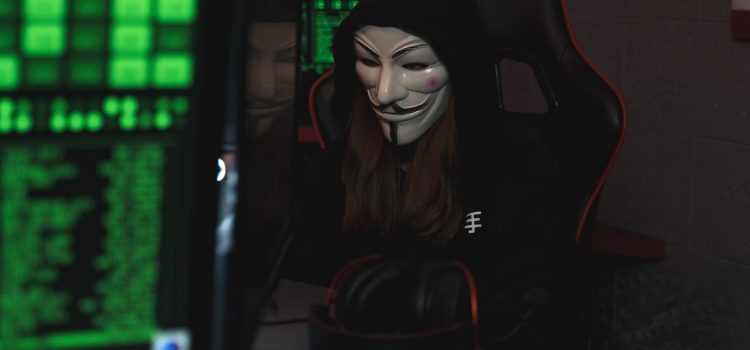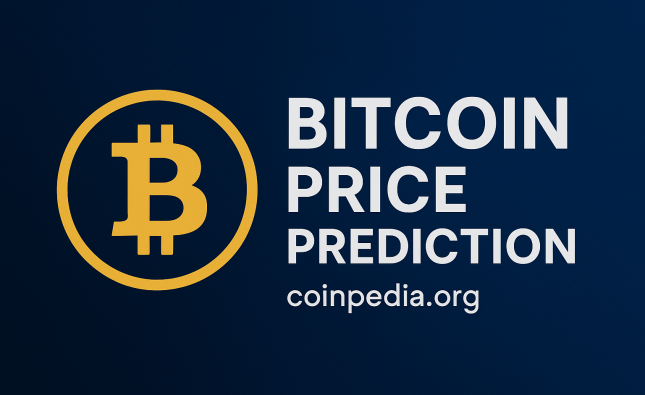
In 2021, our world is more digitally connected than ever before – making the threat of cyber attacks even greater. Just recently, we have seen a significant example of this in the Ion Markets cyber attack that shook the derivatives market. This attack not only caused chaos in the markets but also highlighted just how vulnerable they can be to malicious actors. In this blog post, we will explore what happened with the Ion Markets breach, what it means for the derivatives market and what investors should look out for in 2021.
What is the Ion Markets Cyber Attack?
The cyber attack on Ion Markets is one of the most serious attacks to hit the derivatives market in recent years. The impact of the attack has been far-reaching, with many firms and exchanges being forced to suspend trading or close down entirely. The knock-on effect has been felt across the market, with prices volatile and liquidity drying up.
There are still many unanswered questions about the attack itself and its aftermath, but here we will attempt to provide some clarity on what happened, how it has impacted the market and what to look out for going forward.
What happened?
On March 15th, 2021, Ion Markets suffered a major cyber attack that resulted in the theft of customer data and funds. The hackers gained access to Ion’s systems through a third-party vendor and were able to bypass all security measures. Once inside, they were able to move laterally through the network and gain access to customer accounts.
How has it impacted the market?
The immediate aftermath of the attack saw widespread panic as firms rushed to assess their own exposure. Many exchanges halted trading or closed down altogether, while others imposed strict limits on withdrawals and deposits. This had a significant impact on liquidity, with prices becoming highly volatile. In some cases, firms were forced to cancel trades or unwind positions at a loss.
What does this mean for derivatives markets?
The Ion Markets attack is a stark reminder of the vulnerability of modern financial markets. The interconnected nature of
How has the Ion Markets Cyber Attack impacted the Derivatives market?
In September of this year, the derivatives market was hit with a cyber attack that disrupted trading and settlement for a number of firms. The attack, which took place on the Ion Markets platform, resulted in trades being cancelled and positions being mismarked. This created a great deal of confusion and disruption for those involved.
The impact of the attack was felt across the entire derivatives market, as many firms use Ion Markets for their trading. This led to a number of firms having to halt trading, as they were unable to settle their positions. This in turn led to a spike in volatility, as there were more trades being made outside of traditional exchanges.
In the wake of the attack, there has been increased scrutiny on the security of derivatives exchanges. This is likely to lead to more regulation in this area, which could have a long-term impact on the market. For now, traders and investors need to be aware of the potential risks associated with using these platforms.
What should we look out for in 2021?
As we move into 2021, it’s important to be aware of the potential cyber threats that could impact the derivatives market. In particular, we need to be on the lookout for two things:
1) DDoS attacks: These can overload a system with traffic and cause it to crash. We saw this happen in 2016 when the Mirai botnet took down major websites including Twitter and Netflix. Such attacks could have a serious impact on derivative trading platforms and other financial infrastructure.
2) Ransomware: This is where hackers encrypt data and demand a ransom to decode it. We saw this in 2017 with the WannaCry ransomware attack which affected over 200,000 computers in 150 countries. Again, this could have a major impact on financial systems if it was used to target derivative trading platforms or other critical infrastructure.
So what can we do to protect ourselves from these threats? Firstly, it’s important to keep our software up-to-date and patch any vulnerabilities. Secondly, we should use strong security measures such as firewalls and encryption. Finally, we should be aware of the symptoms of an attack so that we can quickly identify and respond to any incidents.
Conclusion
The Ion Markets cyber attack was a wakeup call to the derivatives market and has shown us just how vulnerable these markets can be. It is vital that firms take measures to ensure their systems are secure, as well as educate their staff on best security practices in order to protect themselves against future attacks. In 2021, traders should keep an eye on cybersecurity news, updated regulations and industry developments to stay ahead of potential threats and safeguard both clients’ funds and firm’s reputations.










